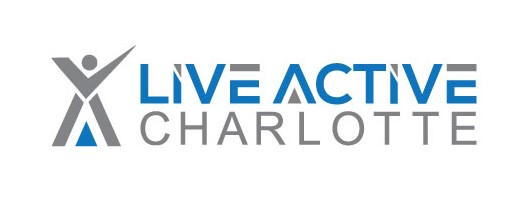Making healthy food choices is not hard. The hardest part of eating well is getting a better understanding of what is good, healthy food versus what marketing companies want you to think is healthy food. These 5 tips are a good start to get you headed in the right direction, eating better, and feeling better.
5 Tips To Healthy Eating
1. Drink more water: Your body is made up of 70%+ water, this includes all of your cells that are important for every bodily function. Many times people mistaken hunger for thirst; so being properly hydrated can also help curb your appetite.
There are many benefits of proper hydration, including, increased energy, improved circulation, and improved digestion. In addition, over 80% of your brain tissue is water; so maybe that mid- afternoon “fog” is a sign that you need to drink more water.
2. Create good habits: Changing behaviors will take time. Overhauling behavior quickly usually only yields short term results. For the best, and long term results you need to start small, and create good habits. After you create one, then do another. Then another. Much research shows it takes approximately 2 months to create a habit.
While removing something first (ie. Soda, candy, etc) may seem like a good start; I’d suggest that it may be easier to get started by adding something healthy as an alternative. Perhaps it’s drink more water. Or, eat at least 2 servings of vegetables each day. Pick something and get started. Now!
3. Don’t be afraid of fats: Too many American’s have diets that are greatly limited in their fat intake. Fat is important for vitamin absorption, as well as hormone production. Fats are used in the production of nerve cells, and also makes up part of the membrane of every single cell of the body. Fat also provides a great source of stored energy for your body.
Eating good fats will also aid in the burning of bad fats, as well as providing a sense of full-ness when eating; often helping people to prevent from over-eating. It’s important to also note that most foods that are promoted as “fat-free” are commonly filled with added sugars, or sweeteners to make the food taste better after the fat is removed.
Some good sources of fats include Olive and coconut oils, nuts and seeds, fatty fish, and avocado and butter.
4. Shop the perimeter of the supermarket: It’s something that you’ve likely heard at some point in the past. By just following this very tip, you’ll avoid most foods that can sabotage your nutritional goals. The perimeter of most supermarkets consists of fresh fruit, vegetables, eggs, diary, the butcher, and seafood section.
As you can see, it’s all foods that have an expiration date. If you find yourself eating most of your meals out of something that comes out of a box, and directly into the microwave, I challenge you to go a month staying to the perimeter of the market, and see how it changes the way you eat, and feel.
5. Snack smart: Snacking smart during the day can help keep you from waiting until you’re very hungry to start eating; as that usually contributes to overeating. A salad prior to lunch or dinner is also a smart way to add many vegetables and healthy fats into your diet, and it will also reduce the amount of food you will eat during your meal. Snacks can be healthy fats, protein or carbohydrates. Some simple ideas for snacks include fresh or dehydrated fruits and vegetables, hummus, nuts and jerky.
The most important part of a healthy eating plan is to get started. Start with these tips, and you can continue to improve upon each one as time passes.

Dr. Brian Strump is a chiropractor and owner of Live Active Charlotte, a CrossFit/functional fitness gym located in the Steele Creek area of Charlotte.
If you’re interested in making a change in your health or simply have questions, you can learn more about Brian and his staff by visiting: liveactiveclt.com











